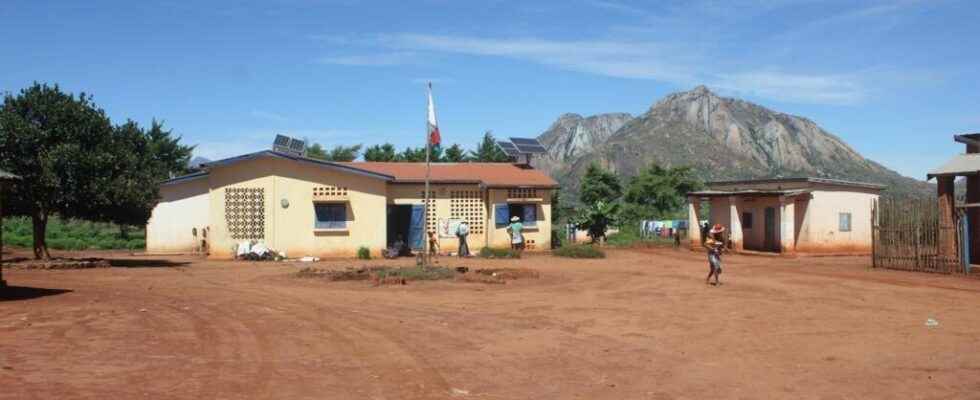In Madagascar, paramedics are sounding the alarm in the face of attacks and thefts they suffer in rural areas, an insecurity that has reigned for several years, they denounce.
With our correspondent in Antananarivo, Laetitia Bezain
The attack, at the end of December 2022, of a nurse in Antsalova, in the west of the country, once again shook the profession which brings together, on the Big Island, around 7,200 nurses, nurses, midwives or even technicians. of laboratory. The latter demand protection to be able to carry out their work with complete peace of mind.
” Demotivating insecurity »
While three quarters of the approximately 3,000 basic health centers on the Big Island are run by paramedics, their essential role, particularly in remote areas, is being undermined.
” As the manager of a health center which includes a pharmacy and a management of small funds, the criminals may think that the paramedics have money. The population lives in extreme poverty in some areas. Attacks vary according to regions and periods. During lean periods, for example, there are attacks and thefts against staff. […] Insecurity demotivates not only paramedics but all health workers and even all civil servants. That’s why the doctors don’t want to work in these places and it’s us, the paramedics, who take care of it explains Jerisoa Ralibera, nurse and general secretary of trade union solidarity in Madagascar.
Fear of reprisals
A dozen attacks were recorded last year but these would in fact be more numerous, according to the unions, which explain that some health workers live in areas too isolated to report them or do not denounce them for fear of reprisals. .
” Many are afraid to go to work but the paramedics have no choice because it is very difficult to get a job. Normally, when we do missions, there must be gendarmes to accompany us, but they are asking for compensation that we cannot give and that is the problem. We don’t know what to do anymore. If we don’t do our job, we’ll be proven wrong, but if we do, we don’t know if we’ll stay alive or die. Some attacks are linked to poverty but there are also stories of grudges against health workers », says a midwife from Melaky, a region where several cases of attacks have been reported in recent months.
Read also: Madagascar: nurses and midwives denounce insecurity in rural areas
Flavien Razanakolona, vice-president of the paramedics and nurses’ union in the Ihorombe region, in the south of the island, deplores the inaction of the authorities: ” We can no longer practice calmly when we are already working very hard 24/7. It’s not just once or twice that there have been health workers kidnapped, killed, shot or seriously injured while performing their duties. When we go for a vaccine, we have to walk 5 to 15 kilometers. We leave with our cooler only. We have no weapon, no one to protect us. We work for the Malagasy but we work in fear. We asked for help from theEcentral state and he said he is going to do something but so far there is nothing. There are no adequate measures. »
The paramedics ask the authorities to apply the law relating to the status of civil servants, which provides that the State must guarantee the safety of these agents. The latter ask, among other things, to facilitate communication with local communities and to set up outposts of the gendarmerie in the communes affected by insecurity and where there are basic health centers and schools.
